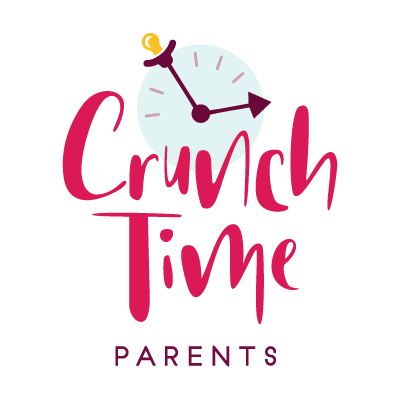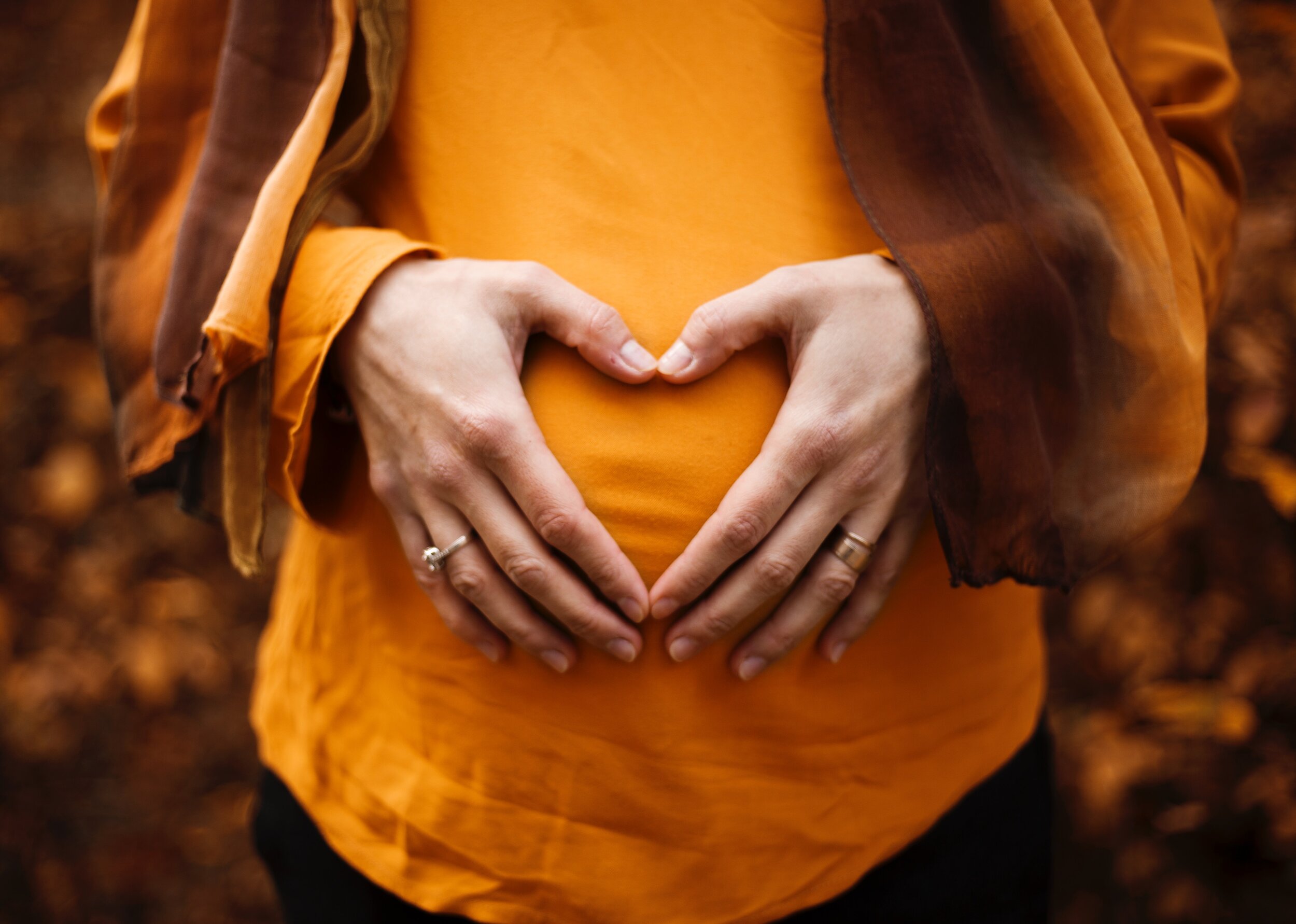Egg Freezing: Should You Do It?
/"I am single and babyless not because my career is standing in the way, but because I haven’t met the person I want to make one with yet," writes 29-year-old Washington Post reporter and filmmaker Nicole Ellis in an article introducing her new serialized mini-documentary, Should I Freeze My Eggs?
Ellis appeared on the terrific Brian Lehrer radio show on New York's NPR affiliate, WNYC, this morning to talk about the documentary, and about her own attempts to figure out how egg-freezing works and whether she should do it herself. As she worked on the series, Ellis wondered why women's fertility is always framed in negative or perilous terms, and her questions led her to the guy who originally coined the notorious term "biological clock" in 1978, another Washington Post columnist named Richard Cohen.
Her response to Cohen, and Cohen's own response to Ellis, are definitely worth a listen, as is Ellis's thoughtful exploration of a question that so many women are confronting now: to freeze or not to freeze?
The series takes viewers through Ellis's appointments with a fertility specialist, as she learns about her own reproductive life-span, and how many eggs she has left.
Ellis also talks to an aunt who suffered multiple miscarriages after having a child in her late 30s, and who says she wishes she'd had the choices that Ellis does now. Sidenote: There's also a scene in one episode in which Ellis hears from a woman who attributes her child's Asperger's Syndrome to the fact that she had him at 42. The series doesn't explore this question any further (not yet anyway), but note that while as of 2015, the latest studies show that women of advanced maternal age have a 15 percent increased risk of having a baby with autism spectrum disorder, they also show that a higher risk applies to teen mothers, dads over 50, and dads 35-44 who have an age difference of more than 10 years with their partner.
A few takeaways from the Ellis series and the radio segment:
We still live in a world where talking about fertility in public is rare, weird, or even taboo—and that includes 21st century America. So women often feel isolated when grappling with a decision as huge as when, if, or how to have a child. Ellis feels isolated too, despite her high-profile reporting and despite the fact that so many millennial women like her are starting to face the same questions.
Freezing eggs versus freezing embryos involves different decisions, costs, risks, and potential outcomes.
Egg-freezing is very expensive and still highly unregulated: a tricky combo.
The technology that tells you about your ovarian reserve, i.e. exactly how many eggs you have left, is a mixed blessing.
Ellis's docu-series segments are roughly six minutes each, and you can watch the first three now at the Washington Posts's Inspired Life. The next batch is out May 1.
Photo by rawpixel.com on Unsplash.



















